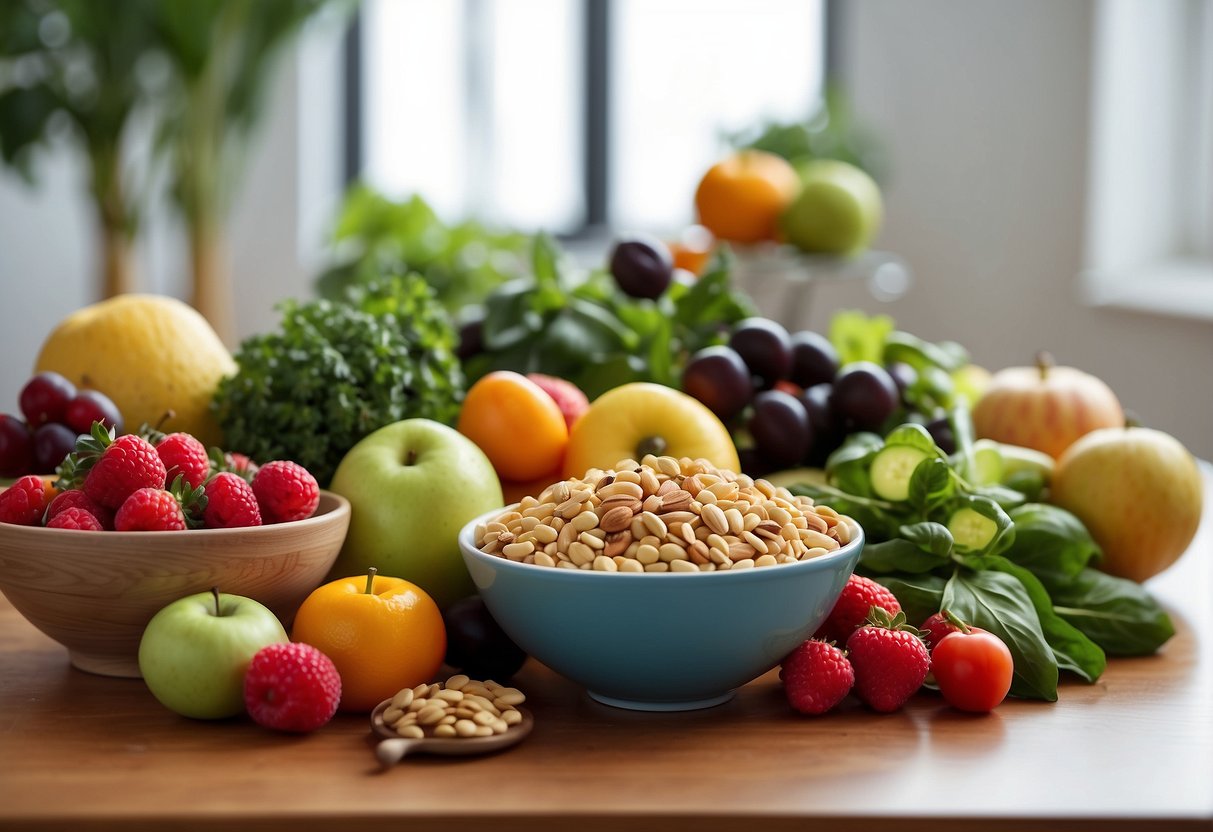
A plant-based diet offers numerous health benefits and can greatly improve one’s lifestyle. By focusing on whole, unprocessed foods from plant sources, individuals can experience lower rates of heart disease, better weight management, and improved digestion. This dietary approach can also provide essential nutrients that bolster overall health and wellness.
Switching to a plant-based diet also has a positive impact on the environment. Reducing reliance on animal products can lower greenhouse gas emissions, decrease water usage, and reduce land degradation. Making thoughtful dietary choices can contribute to a more sustainable future for our planet.
Transitioning to a plant-based diet does not have to be daunting. By gradually incorporating more fruits, vegetables, grains, and legumes into daily meals, one can seamlessly embrace this lifestyle. The key is finding delicious, nutrient-rich recipes that make the switch enjoyable and sustainable.
Understanding Plant-Based Diets
A plant-based diet emphasizes whole plant foods and minimizes the consumption of animal products. This way of eating promotes a more ethical, sustainable approach to food while providing various health benefits.
Defining a Plant-Based Diet
A plant-based diet primarily consists of fruits, vegetables, grains, nuts, seeds, and legumes. The focus is on consuming minimally processed plant foods.
While some followers of a plant-based diet might still include small amounts of animal products, the emphasis remains on plants.
This diet promotes foods low in ingredients, rich in nutrients, and high in fiber, vitamins, and minerals, offering numerous health benefits.
Comparison with Vegetarian and Vegan Diets
Vegetarian and vegan diets are more specific subsets of plant-based diets. Vegetarians do not eat meat or fish but may consume dairy and eggs, depending on the type of vegetarianism they follow.
Vegans, on the other hand, exclude all animal products, including dairy, eggs, and honey.
Although both vegetarians and vegans focus entirely on plant foods, vegetarians often include more processed foods than those strictly following a plant-based diet. Each of these diets emphasizes different aspects of plant-based eating, catering to various ethical, health, and environmental considerations.
Nutritional Advantages of Plant-Based Eating
Plant-based diets provide a range of essential nutrients, high fiber from whole foods, and a balanced intake of protein and carbohydrates. These elements contribute to overall well-being and can help prevent various health issues.
Essential Nutrients in Plants
Plant-based foods are rich in essential vitamins and minerals. Leafy greens like spinach and kale are packed with vitamins A, C, and K. Berries provide a high dose of antioxidants, aiding in the fight against oxidative stress. Nuts and seeds supply crucial minerals like magnesium and zinc, while legumes offer both iron and folate. These nutrients are vital for maintaining energy levels, supporting immune function, and promoting overall health.
Role of Fiber and Whole Foods
The high fiber content in plant-based diets promotes digestive health and aids in regulating blood sugar levels. Whole foods such as whole grains, vegetables, and fruits are excellent sources of dietary fiber. Fiber helps maintain bowel regularity and can lower cholesterol levels. Moreover, consuming fiber-rich foods provides a feeling of fullness, which can assist in weight management. The diverse range of whole foods ensures that the body receives a variety of nutrients, enhancing the overall nutritional benefit.
Balancing Protein and Carbohydrates
Achieving a balanced intake of protein and carbohydrates is crucial in a plant-based diet. Legumes, tofu, tempeh, and quinoa are excellent plant-based protein sources. Whole grains like brown rice and oats offer complex carbohydrates that release energy slowly. Combining different plant proteins, such as beans and rice, can provide all essential amino acids. This balance supports muscle repair, energy production, and maintains stable blood sugar levels, contributing to sustained energy throughout the day.



